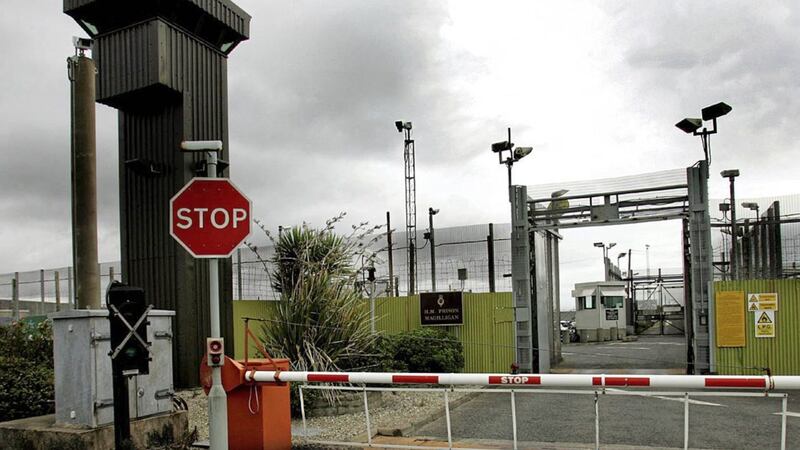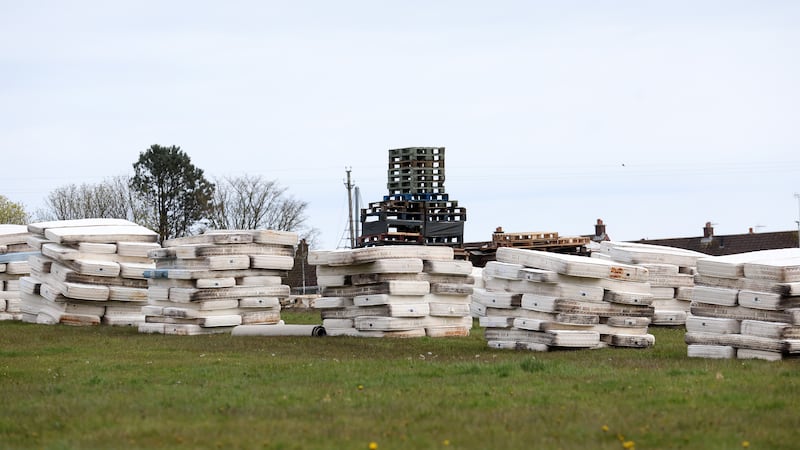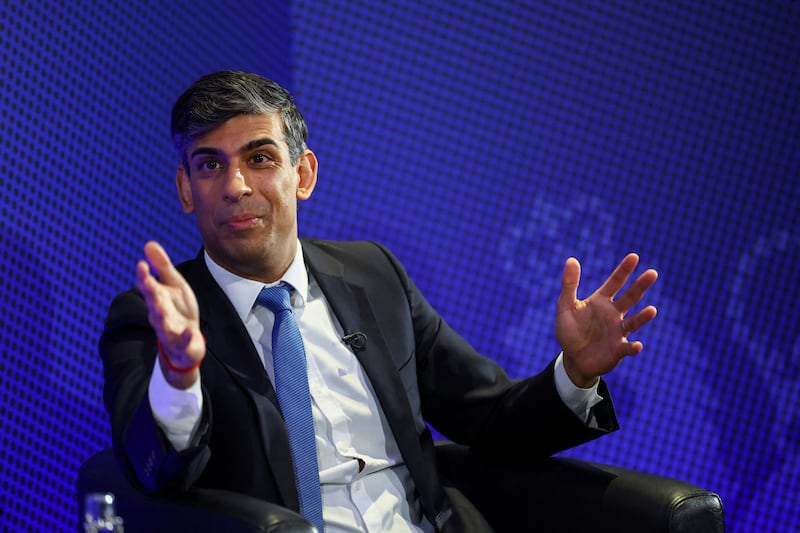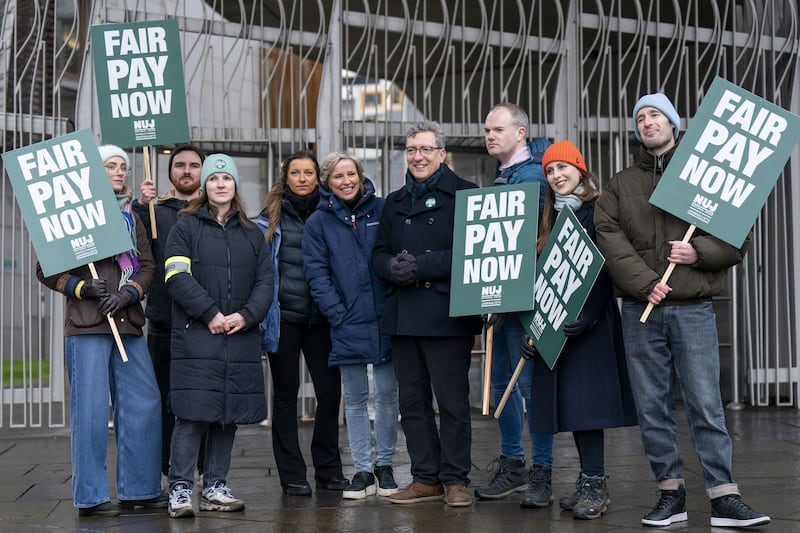More and more people in Scotland believe climate change is an urgent problem, according to statistics.
Six in 10 adults (61%) in 2017 said they view it as an immediate issue, an increase of 6% in one year and up by a third since 2013.
Young people appear to be particularly concerned about global warming, while worry is lowest among those in the 75-plus age group.
The proportion of 16-24 year olds who view climate change as an immediate problem increased by more than half between 2013 and 2017, from 38% to 58%, the largest increase of any age group.
The figures are contained in the annual 2017 Scottish Household Survey published by Scotland’s Chief Statistician, which contains a wide-ranging look at people’s changing attitudes and circumstances in Scotland.
In the survey, respondents were asked questions about their attitudes towards climate change.
Some 61% last year agreed it is an “immediate and urgent” problem, up from 55% in 2016.
Some 18% said it is more of a problem for the future, 5% said it is not really a problem and 8% said they are not convinced that climate change is happening.
Just 7% said they think climate change will only affect other countries.
In other findings, combined satisfaction with all three public services – local health services, schools and public transport – was recorded at its lowest level since it was first measured in 2007.
Just over half, 52%, said they were satisfied with those public services in 2017, down from a peak of 66% in 2011.
Broken down, in 2017, 82% of adults were satisfied with local health services, with 70% satisfied with schools and 69% happy with public transport, the statistics show.
Scottish Green MSP Andy Wightman said: “The findings of this poll, showing the lowest level of satisfaction in three public services, must serve as a final warning to ministers to change their centralising mindset and desist in blocking council efforts to raise more revenue to protect local services.”
He also warned ministers to avoid “green window dressing” in attempts to tackle climate change.
Deputy First Minister John Swinney said: “Climate change is one of the biggest issues of our time and it is clearly at the forefront of people’s minds.
“Tackling this global threat is one of the Scottish Government’s top priorities and our new Climate Change Bill means net-zero emissions of carbon dioxide by 2050 – in other words Scotland will be carbon neutral.”
Commenting on public services, Mr Swinney said: “Strong public services are an essential part of building a successful economy and I am pleased that satisfaction among service users remains high. However, we are determined to do more to ensure that our public services deliver for communities and major reforms are under way to improve systems and tackle inequalities.
“For instance, we are giving head teachers the authority and guidance to make key decisions in the crucial areas of curriculum, improvement, staffing and budget. We are also supporting new public bodies, Integration Authorities, to work with the NHS, local authorities and other partners to ensure integrated services meet the needs of people and communities, based on real, local understanding and flexibility.”
Dr Sam Gardner, acting director of WWF Scotland, said: “It’s no surprise a growing number of people are concerned about climate change, it’s playing out in front of our eyes. This week it was confirmed this summer was the joint hottest on record in the UK.
“Now we need politicians of all colours to ensure the Climate Change Bill currently making its way through the Scottish Parliament shows the leadership needed to avoid the worse impacts of climate change both here and abroad.”








